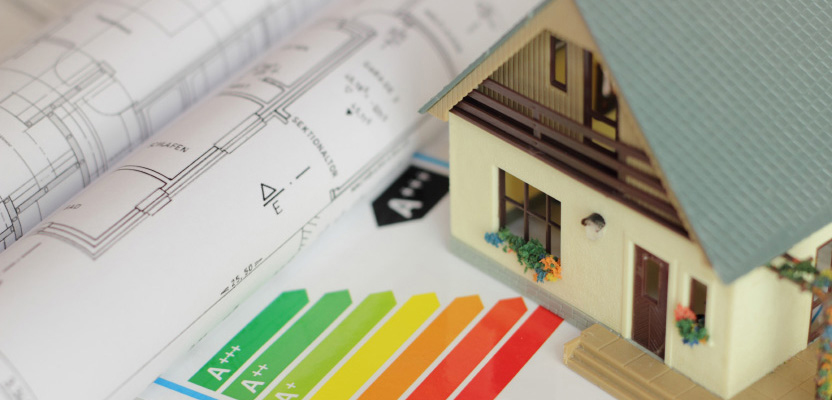If you’ve taken the time to look into the process and requirements of selling a business, you may have come across the acronym EPC, which stands for Energy Performance Certificate.In order toput a company on the market, it’s important that you have this grade.
One of the main reasons for this is because it can give a potential buyer an idea of the energy efficiency of the establishment that they’re viewing, and provide an extra piece of information that can help them to make their decision.
Are they a necessity?
In the UK, it is a legal requirement for individuals selling their companies to have an EPC to show how energy efficient they are –and also to encourage them to be more aware of their usage and waste. There is also a penalty for those who don’t have one, so it’s always best to get the certificate before putting the business up on the market.
What is your EPC based on?
Most of the time, a company’s Energy Performance Certificate will be based on the carbon emissions that the business’ facility is likely to emit and produce. There are several things that contribute to this, such as:
- Lighting
- Boiler
- Air con
- Type of floor, roofing and walls
- Insulation
- Ventilation
With all of this taken into consideration, the company will have a grade from A to G, with A being the most preferred rating. It’s important to remember that these certifications last for 10 years, so in general it can be wise to make any necessary renovations or upgrades beforehand to get the best possible score.
How to get a commercial Energy Performance Certificate
Fortunately, getting an EPC doesn’t need to be complicated at all – and if you enlist the help of a professional when selling your business, there’s a good chance that they’ll be able to take care of it for you, allowing you to focus on running your organisation (since letting performance and sales drop is one of the worst things that you can do at a time like this).
Business transfer agents can often handle a variety of other tasks involved with selling a firm too, which can generally help the company’s owner to feel far less stressed during the process, as well as ensuring that everything is done properly.
The ratings are an incredibly important aspect of it all, since the lower your EPC is, the more energy you’ll waste – which is beneficial to no one at all. Here arethe different grades:
A (92-100 points)
B (81-91 points)
C (69-80 points)
D (55-68 points)
E (39-54 points)
F (21-38 points)
G (1-20 points)
As you can see, an EPC rating of A can be quite a challenge to achieve, but this is the grade that will be best for your business in all aspects. While it may take work, it’s far from impossible and there are a wide variety of things that can be done to increase your score.
Take a look at your facility and consider what could be changed. Double glazed windows for example are an excellent investment, as is upgrading old machinery to more energy efficient models.
Why can it be important to a sale?
In most cases, your energy efficiency can be an important thing to consider when it comes to your expenses, especially when saving money can come as easily as making a few changes in the workplace. However, they can become even more important when selling – and not just for legal obligations and the fines that can come with not having one.
By improving the efficiency of your company, you’re helping yourself to save money – and this means that the buyer will also be saving cash on their energy bills once they take over. This one of the main reasons why a lot of buyers pay attention to a business’ EPC when looking to buy, this and the fact that it’s much better for the environment to run a grade A business.
A lower grade is something that can very quickly put an interested entrepreneur off the idea of purchasing your corporation, which can be annoying when considering how easy it can be to increase the rating.

